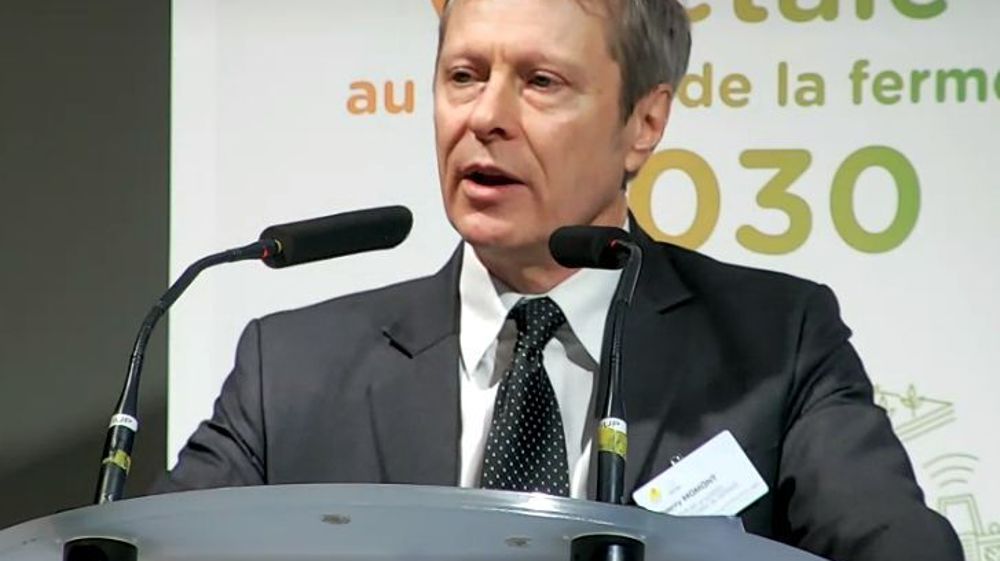European agriculture will have to be carbon neutral by 2030, according to the European Commission in its Green Pact. In particular, it defends a 50% reduction in the use of pesticides and a 20% reduction in the use of fertilizers. Varietal selection can contribute to offsetting these declines, provided, however, that it is associated with other levers, assure the seed companies during a day dedicated to varietal creation, organized on February 2, 2023 by Semae and the AGPB.
In the preamble to a round table devoted to varietal creation and agroecology, Yves Madre, president of Farm Europe, recalled the terms of the Green Pact. “Under the Green Deal, the European Commission is aiming for carbon neutrality for its agriculture by 2030. There is no other way out: there is consensus on this objective both at the level of the Member States and of the European Parliament. All agricultures have a march of progress to achieve, none is immune”.
What varieties to meet this objective? In particular, the Green Deal proposes a 50% reduction in the use of pesticides and a 20% reduction in the use of fertilizers. The president of the RAGT group, Laurent Guerreiro, was very cautious about the solutions to be provided: “The merits of this Green Deal is that it will force us to move more, because the varieties that we register today he networks today are not necessarily those that will fulfill the specifications of the needs of agroecology. These measures push us to change. But, in any case, the variety will not be the only solution: it will have to be supplemented by cultural practice and alternative methodologies”.
For the seed company, considering genetics as “the miracle” would be far “too dangerous” in the face of all the challenges to be met. “Seed companies are now working to build “a solution” and not just varieties in response to a specific problem”. If he seeks, for example, to identify varieties which, at the same level of yield, will require a lower nitrogen supply than current ones, or to combine several varieties, Laurent Guerreiro also highlights agronomic and technical levers. “All means are to be activated to respond to agroecological issues, food sovereignty and farmer remuneration”.
NBTs Alongside Agronomy
Among the tools, the European expert Yves Madre presented that of new genome editing technologies: “If we don’t have NBT (New Breeding Technologies) in the European regulatory corpus, we will be on the spot. Public consultations have been launched and the commission was expected to put draft legislation on the table by the end of 2023. The current legislation is no longer consistent with the evolution of science. Around the world, regulations are adjusting. Some are going faster than others, this is the case of Great Britain but also of the United States. The European Union has adopted a slower, but also wiser, sequenced approach so as not to relive what we experienced with GMOs”.
Laurent Guerreiro of RAGT said he was cautious: “New technologies are good to talk about, but it is also good that they are tested. NBTs have not yet demonstrated their innovative capacity compared to what we do today. I do not condemn them. But I’m not convinced that genome editing is the solution to all the problems we have.” Moreover, “what we have avoided in this debate on NBTs is the cost of access. There are patents behind these technologies, they are not freely accessible and today for these patents, the cost of access is millions of euros”.
Test Before Discarding
For Christophe Boizard, mixed farmer-breeder in the Bay of Somme, for twenty years, NBTs can be a lever for environmental transition, at the service of farmers. “We are told that we will have to find several solutions to reduce our environmental impacts. But in advance, we want to delete one. You have to test it first! “.
This article is originally published on .lafranceagricole.fr









